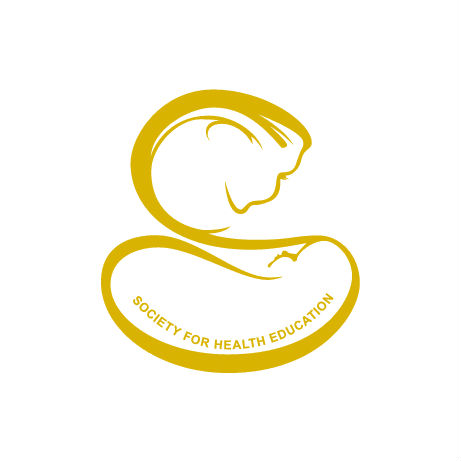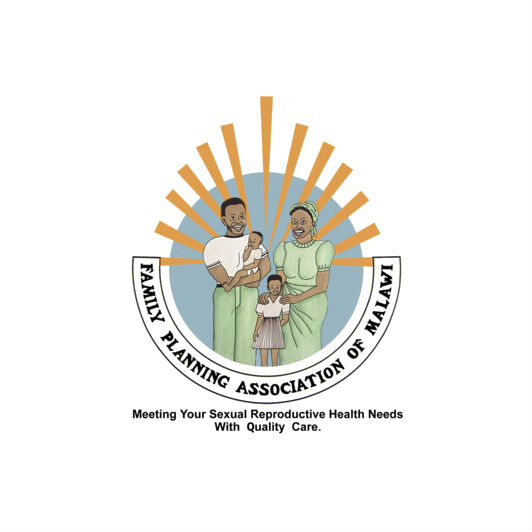

| 31 March 2016
Society for Health Education (SHE) Maldives
Society for Health Education (SHE) is an organization that is proactive in identifying and addressing the crucial health and social concerns of the Maldives. SHE was founded in 1988 by four women with the mission to enhance the quality of life of Maldivian families. The organization embraces the following mandate: Strive to improve the quality of life of the Maldivian people Harness the expertise of national professionals, on a voluntary basis for development programmes Endeavour to raise awareness of health and social issues Today, SHE is one of the largest, most vibrant NGOs in the Maldives which addresses issues concerning Thalassemia, Counselling and Psychosocial Support, Sexual and Reproductive Health (SRH) and Health Education. The organization reaffirms its commitment to sustain these initiatives, and to further increasing public awareness on issues that influence family well-being. Effectiveness of health promotion initiatives are ensured by adopting applicable service delivery mechanisms, fostering improvements in reproductive health parameters, continuing Thalassemia prevention activities, promoting responsible parenthood concepts, facilitating empowerment of women and youth, supporting victims of abuse by providing gender based violence screening services, essential SRH services and psychosocial support and referral services, as well as extending Counselling to adolescents and families, and encouraging community ownership of development. SHE operates an in-house clinic offering a range of services under one roof in the Maldives capital, Male’. The in-house clinic provides three main services; SRH services, counselling and psychosocial services, and thalassemia and diagnostic services. The SRH clinic of SHE has a long-standing reputation for client friendly and quality service provision on SRH and various other general health issues. The clinic conducts mobile outreach activities including awareness programmes targets for Key Affected Populations. Under the HIV and AIDS programme of the clinic, free Voluntary Counselling and Testing (VCT) services are offered to the general public. The Thalassemia prevention programme undertaken by SHE comprises an awareness component along with provision of screening services.The prevention programme aims to reduce the number of thalassemics born in the Maldives by providing testing services to identify thalassemia carrier status and raising awareness of how the disorder is inherited. The first, and only thalassemia DNA testing facility in the Maldives was established at SHE in 2005 to minimize the number of inconclusive results. The Counselling and Psychosocial services comprises face to face counselling, telephone counselling, and play therapy for young children. In addition to day to day regular services, the clinic conducts several skill development programmes targeting young people, vulnerable populations, teachers and parents. Furthermore, the organization adopts an integrated approach to health education and service delivery and its role includes increasing the accessibility of services and using media for education and communication. This includes collaborating with other Civil Society Organizations and State Institutions that work towards relating to issues on health and well-being. The society runs outreach programmes and mobilizes voluntary support to develop projects and to maintain and enhance service provision. With this number of services, SHE reaches over 5000 people of the population of the Maldives yearly. The success of the organization depends on the unreserved commitment of the organization’s members, volunteers, and staff. SHE strives to raise the bar higher at every opportunity, to ensure that the organization could progressively add greater value to clients and stakeholders, thereby uplifting the community’s general wellbeing.

| 31 March 2016
Family Planning Association of Malawi
When it was founded in 1999, the Family Planning Association of Malawi (FPAM) focused on providing family planning services. As the organization has evolved, it has both refined and expanded its operation. Today, FPAM targets young people primarily, and reaches out to under-served rural communities. As a result, it operates 64 service points, including 53 mobile sexual and reproductive health (SRH) facilities and 4 static clinics. Its community-based distributor/services (CBDs/CBSs) profile is also very strong with 65 additional delivery points. As ever with IPPF Member Associations, the mix of outlets and approaches is very much led by the particular demographic and geographic needs of the country. FPAM also provides youth-friendly SRH information, education and behaviour change communication materials to young people at 4 youth centres, and through schools. Peer educators use group discussions, theatre performances, publications and audio-visual materials produced by community reproductive health promoters to pass on the message about good SRH practice and access to resources. The distribution of contraceptives, pregnancy testing, the diagnosis and treatment of sexually transmitted infections (STIs) and voluntary counselling and testing (VCT) for HIV are core to FPAM’s clinic activity. For its successful operation, the organization depends on a team of 46 full-time staff and over 600 volunteers. Over the years, FPAM has forged partnerships with health, family and youth departments in government, to advocate forward-thinking national SRH policies. It works with a variety of non-governmental organisations (NGOs) including the Malawi Girl Guides Association and Banja La Mtsogolo. Financing support comes from UNFPA, IPPF’s Japan Trust Fund, the Japanese Organization for International Cooperation in Family Planning (JOICFP), UNICEF, National AIDS Commission, GTZ, and Youth Incentives. FPAM also networks with other SRH-focused groups, particularly in the fields of HIV and AIDS and youth issues.







